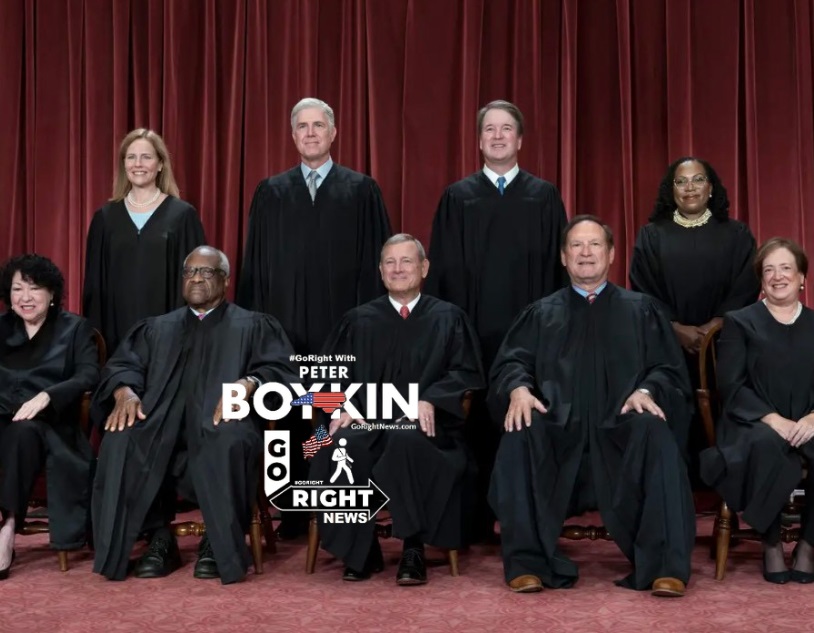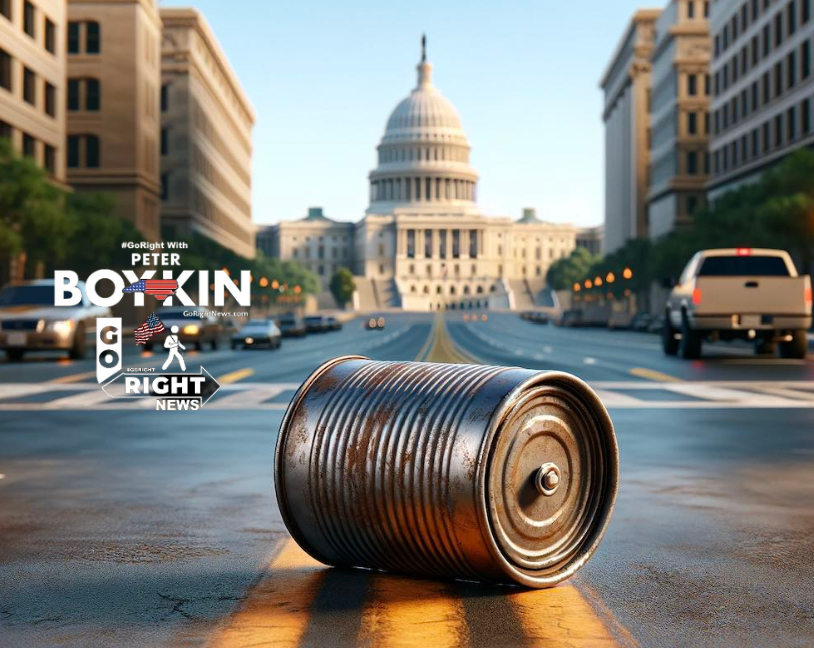SCOTUS Takes Aim at Biden’s Power Play on Climate Regulations
Shared By Peter Boykin – American Political Commentator / Citizen Journalist / Political Candidate

The Supreme Court is on the verge of defanging the deep state
SCOTUS Takes Aim at Biden’s Power Play on Climate Regulations
The Supreme Court (SCOTUS) delved into oral arguments yesterday, signaling a potential seismic shift that could rein in the expansive powers of the executive, particularly in the realm of Joe Biden’s energy and climate regulations.
At the heart of the legal showdown lie two cases, Relentless v. Department of Commerce and Loper Bright v. Raimondo, both challenging the controversial “Chevron Doctrine.” This doctrine, birthed in 1984, grants the executive branch significant leeway in interpreting ambiguous laws, a power that critics argue has been exploited by the Biden administration.
In the Loper Bright case, a family-owned herring fishing company finds itself compelled by the U.S. Commerce Department to finance a federal monitor, effectively imposing a regulatory watchdog on their operations. The essence of the challenge is a violation of the separation of powers, asserting that Congress, not the executive branch, should be the architect of laws.
The Chevron Doctrine, initially conceived to address legal ambiguities, has been wielded by the Biden regime as a weapon to advance their radical climate agenda without seeking Congressional approval. The ongoing cases have set the stage for a potential rollback of this executive overreach.
During oral arguments, the court exhibited signs of skepticism towards the Chevron Doctrine. According to SCOTUS Blog, the court is “likely to disregard Chevron.” While the liberal justices showed support for the existing interpretation, conservatives, led by Justice Brett Kavanaugh, emphasized the constitutional role of the judiciary in preventing executive overreach.
Justice Kavanaugh asserted, “It’s the role of the judiciary historically under the Constitution to police the line between the legislature and the executive to make sure that the executive is not operating as a king.” Justice Neil Gorsuch echoed concerns, highlighting that Chevron tends to favor federal agencies over the rights of individuals.
In the broader context, the potential overturning of Chevron would mark a significant victory for conservatives and align with the vision of former President Trump, who appointed three of the current justices. The court’s deliberations may well determine the future contours of executive power and regulatory authority in the face of the Biden administration’s ambitious climate agenda.
This Article is Brought to you by Go Right News and Edited by Peter Boykin
Visit GoRightNews.com for More Articles and Visit PeterBoykin.com to Learn more about Peter Boykin


